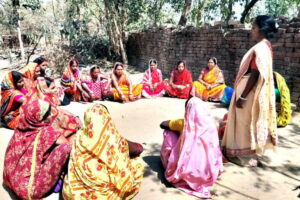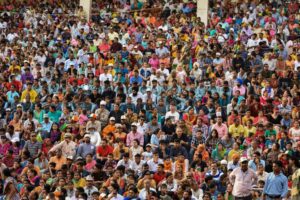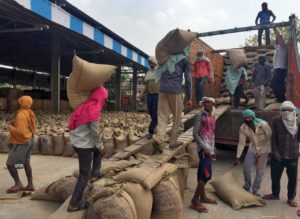The Curious Case Of Google Trends In India

Google Trends, which provides data on the most-searched items on Google, has a recently curated database according to which, in 2022 and 2023, there was a rise in the number of searches from around the world on topics related to the cost of living
For nine of the last ten years, the most searches were for why Apple products and Evian water are so expensive.
Google Trends, which provides data on the most-searched items on Google, has a recently curated database according to which, in 2022 and 2023, there was a rise in the number of searches from around the world on topics related to the cost of living.
People everywhere searched for information on inflation, interest rates, wages, credit and savings. Searches for why certain things were expensive in all the languages used on Google also reached an all-time high.
The database also provides country-wise trends.
In the United States, between 2012 and 2023, searches related to “why college is so expensive” (in the category of ‘Books and Education’) were at the top for six years (2013-14, 2016, 2018-20). In 2023, the biggest query was on the increased price of eggs – which goes well with the worldwide trend.
In India, the queries were different – focusing heavily on the expensive nature of “appliances and technology”, but not just any kind of appliances.
For most of the seven years from 2015-16, Indians were trying to discover why Apple products were so expensive. More curiously, in 2017 and 2019, the maximum searches were about the exorbitantly high price of Evian Water, which costs Rs 150 for a 500ml bottle.
What these searches tell us is hard to determine.
It would be easy to conclude that Google search is not a dependable indicator of what the common people of India desire.
This view assumes that access to the internet is still limited in the vast rural landscape of the country, but recent data shows that rural India is slightly ahead of its urban counterpart in terms of internet usage – there are more internet users in rural India than in urban India.
The shift started to take place after 2020, during the COVID-19 outbreak. This does not mean income gaps and other disparities between the urban and rural sectors have disappeared. Still, a considerable rise in total internet usage has been recorded over the last four years, from 41 percent to 55 percent.
If more than half of the country’s population has access to the internet, the most searched items seem to carry some significance.
In understanding the immediate reality, we often lose sight of the huge roles played by desires, aspirations and fantasies.
The desire to look for answers as to why something is prohibitively expensive (Apple products or Evian) compared to something that was once in the reach of common people (like eggs or education) may come from an obsession with the forever unattainable – which is what those products are for the vast majority of people in India.
Nitin Kumar Bharti, Lucas Chancel, Thomas Piketty and Anmol Somanchi have recently published a study on income and wealth inequality in India over 100 years from 1922-2023.
The concentration of wealth in the hands of very few has seen an unprecedented surge in the last three decades since the liberalisation of the Indian economy. The average annual income of the top 1 percent of the population (Rs 53,00,549) is 22.6 times more than the national average income (Rs 2,34,551) in 2022-23.
The one-percenters will probably never ask Google why Apple products are expensive. Those who ask may never be able to buy them. This paradox of the Google Trends data is the hallmark of our time where the translation of desire into demand hangs on the aspirational fantasies of millions.
How does one make sense of the chimera of this data politics? One may look for answers in history.
In the early 1870s, Dadabhai Naoroji, the grand old man of Indian nationalism, proved beyond doubt that the British East India Company, followed by the British crown, had been systematically draining India of its wealth and rendering the country poorer during their century-long reign.
His weapon was also plain and simple data. He calculated the per capita production of food grains and other crops for different provinces and compared these with the estimates of the cost of “necessary living” from the meals and clothing given to the prisoners in the Indian jails.
“It will be seen,” he wrote in his book Poverty and un-British Rule in India, “from the comparison of the above figures, that, even for such food and clothing as a criminal obtains, there is hardly enough of production even in a good season .”
This was a good start in the direction of using the concept of “cost of living” to expose the absurdity of the data provided by the British government by which they claimed that Indians were not living in criminally abject conditions.
A hundred and fifty years later, we have come to a situation when the same concept can be used to call the poor an aspirational class. Reminding ourselves of this history of how data is a tool of demystification rather than a sovereign presence awaiting our unconditional submission is perhaps the only way to resist such platitudes.
Originally published under Creative Commons by 360info™.





